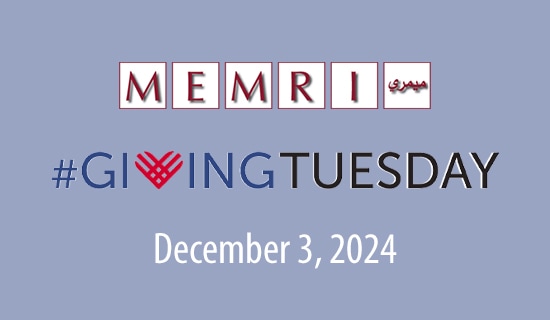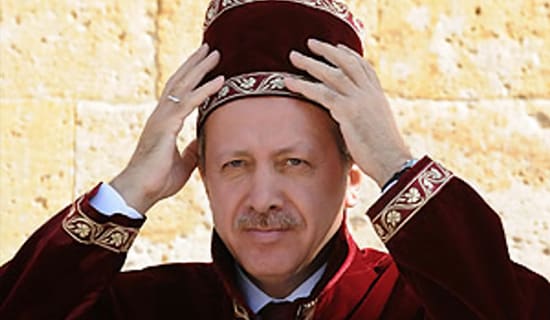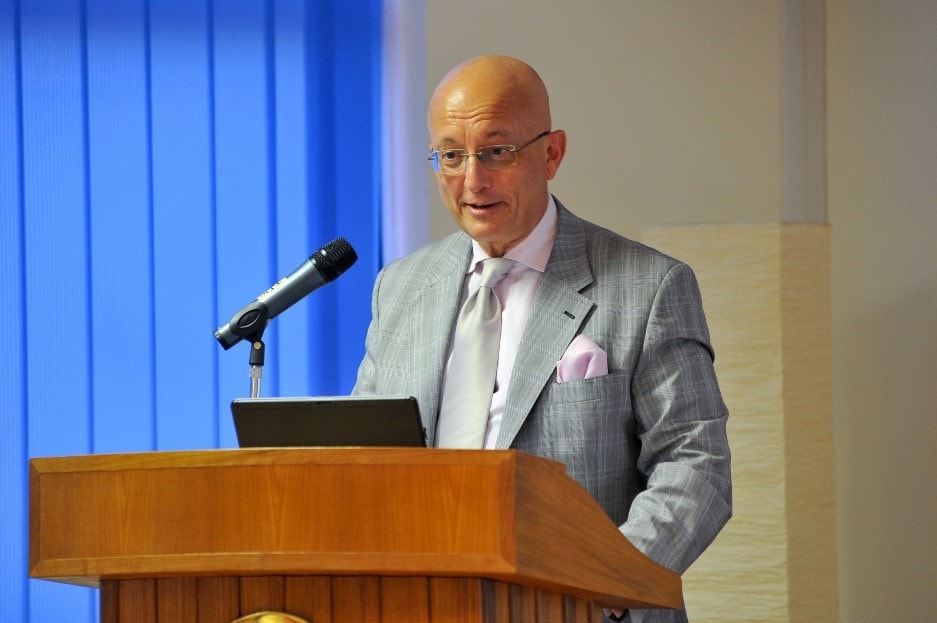Tensions at the Armenia-Azerbaijan border remain high. Nevertheless, the Armenian leadership voiced satisfaction that the three days of clashes in the Tavush region between the two countries, that began July 12, showed Yerevan's battle-readiness. Commenting on the border escalation, Armenian Prime Minister Nikol Pashinyan said: "Not only did the Armenian armed forces repel the attacks, they also did significant damage to the adversary. The Azerbaijani side suffered numerous casualties, in addition to losses of military equipment and advanced weapons. This is an explicit victory for military strength, tactics, and Armenia's military-industrial complex."[1]
However, on July 29, Turkey announced the launch of joint large-scale drills with Azerbaijan involving tactical ground and flight exercises, with the participation of Turkish and Azerbaijani ground and air forces. The exercises were scheduled to end August 10.[2]
Alexander Krylov, a senior researcher at the Moscow-based Institute of World Economy and International Relations (Russian Academy of Sciences) and president of the Scientific Society of Caucasus Studies, told the Novosti-Armenia news agency in an August 4 interview that Turkey had stopped playing the role of mediator between Armenia and Azerbaijan and had become party to the conflict. "The Turkish military presence in Azerbaijan has become permanent, with the goal of constantly expanding," he stated.
On July 17, following Friday prayers, Turkish President Recep Tayyip Erdoğan said, in response to a journalist's question that Turkey would "support Azerbaijan till the end." He said: "As you know, Armenia has been occupying Upper Karabakh for decades. The Minsk trio has left the issue on the table for 25 to 30 years.. . They still haven’t resolved [it]. It was obvious that the issue would lead up to this point. As you know, Armenia is constantly attacking and firing on civilian areas in Azerbaijan. As a result of these attacks, Azerbaijan has taken steps to defend its lands and its own people. We will never abandon our brother Azerbaijan; we will support Azerbaijan till the end... Just as we did during the Caucasian struggle, we stand with Azerbaijan and our Azerbaijani brothers and sisters today."[3]
Earlier, on July 14, Erdoğan had said: "Turkey will never hesitate to stand against any attack against the rights and lands of Azerbaijan, with which it has deep-rooted friendly ties and brotherly relations. Accordingly, we are duty-bound to mobilize all our political, diplomatic, and social ties in the region and in the world."[4]
Below is the text of Krylov's interview with Novosti-Armenia:[5]

Turkey-Azerbaijan drills in Baku, Azerbaijan. (Source: Dailysabah.com)
'The Officers Of The Azerbaijani Army Are Being Trained In Turkey'
"Turkey ceased to play the role of a mediator and became a party to the conflict, said Alexander Krylov, a senior researcher at the Moscow-based Institute of World Economy and International Relations (Russian Academy of Sciences) and the president of the Scientific Society of Caucasus Studies, in an interview with the Novosti-Armenia news agency on the prospects for a Karabakh settlement.
"'Turkey's policy in the South Caucasus has recently intensified significantly, and at the same time Baku and Ankara share a common position on the Karabakh issue and their relations with Armenia. At present, Turkey is the only member of the OSCE Minsk Group that unconditionally supports Baku's policy,' he noted. At the same time, the expert pointed out that Azerbaijan's dependence on Turkey is constantly growing.
"'The officers of the Azerbaijani army are being trained in Turkey; Ankara is engaged in large-scale economic, social and educational projects in Azerbaijan that are aimed at strengthening Turkish influence. The Turkish military presence in Azerbaijan has become permanent, with its scope constantly expanding, and it will be further enhanced by the current Azerbaijani-Turkish military maneuvers,' Krylov said.
"He pointed out that, as is becoming increasingly clear, Azerbaijan stands to turn into a counterpart of the 'Turkish Republic of Northern Cyprus', that is to say a de facto province of Turkey.
"'Such a scenario fits well with the policy of the Turkish President Recep Tayyip Erdoğan aimed at increasing Turkey's political influence from North Africa to China's borders. It is, however, fraught with conflicts and unpredictable consequences, primarily for Turkey itself. It is obvious that the scenario of Azerbaijan's actual absorption by Turkey runs counter to the interests of Russia and Iran, as well as those of the region's states that are interested in the South Caucasus' stability,' Krylov said.
A Note On The Karabakh Conflict
"The Karabakh conflict began in 1988, after the predominantly Armenian-populated region of Nagorno-Karabakh announced its secession from Azerbaijan. On December 10, 1991, a referendum was held in Nagorno-Karabakh, where 99.89% of the population voted in favor of complete independence from Azerbaijan.
"In response, Azerbaijan launched an all-out war that resulted in its loss of control not only over Nagorno-Karabakh, but also the seven regions adjacent to it.
"On May 12, 1994, the trilateral ceasefire agreement in the conflict zone entered into force putting an end to the hostilities in which about 25-30 thousand people died on both sides, and about a million were displaced. The ceasefire agreement has been holding until now. The negotiations on a peaceful settlement of the conflict have been conducted since 1992 within the framework of the OSCE Minsk Group, co-chaired by the United States, Russia and France."[6]
[1] Primeminister.am, July 23, 2020.
[2] See MEMRI Special Dispatch No. 8875, Russian Military Expert Pavel Felgenhauer: Russia Will Defend Armenia From The Turks; If Necessary, Russia Will Save Armenia With A Nuclear Strike, August 3, 2020, MEMRI Special Dispatch No. 8864, Kommersant Columnist Yusin: Erdogan Is Pouring Kerosene On The Territorial Dispute Between Armenia And Azerbaijan, July 27, 2020; MEMRI Daily Brief No. 226, Where Will Erdoğan Strike Next?, by Alberto M. Fernandez, August 4, 2020.
[3] Tccb.gov.tr, July 17, 2020.
[4] Tccb.gov.tr, July 14, 2020.
[5] Newsarmenia.am, August 4, 2020.
[6] Newsarmenia.am, August 4, 2020.





